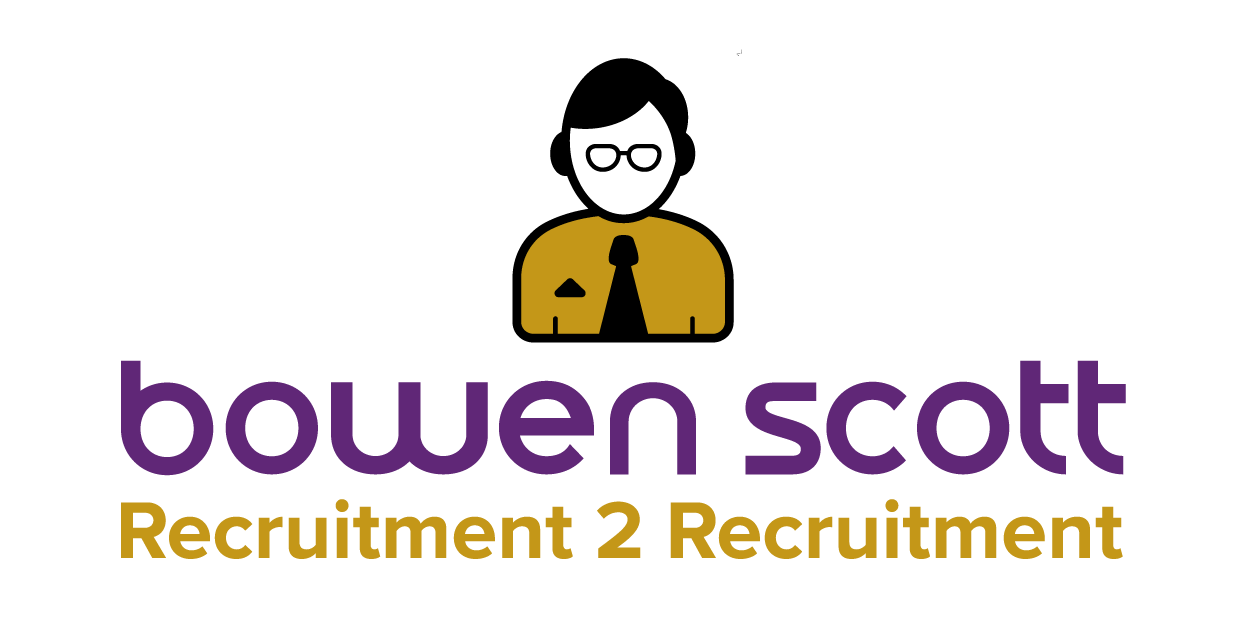Top Tips for Small Recruiters to Keep Pace with Big Recruiters
While the recruitment industry has seen vast change over recent years, one thing has happened to level the playing field between small and larger recruitment firms – technology! It’s revamped the way that recruiters source, screen and monitor candidates. In this blog, we look at other ways small recruitment firms can continue to keep pace with big recruiters.

Smaller, Better, Faster, Stronger
As the old fable goes, David beat Goliath through more than just strength and size. Smaller recruitment agencies are uniquely placed to move much quicker than their giantlike competitors. The recruitment industry moves speedily, with economic surges and retreats impacting on the hiring needs of companies across the company.
It’s often said that in times of recession, recruitment is the first expense to go, but when in growth is the first group to be hired. Owners of small recruitment firms should be attuned to these trends, monitoring them closely. They can react quickly to shifts in the market and resource accordingly.
Often big monolithic organisations are less agile in their approach and cannot match this trend-tracking flexibility. As a smaller recruitment company, use this to your advantage.
Specialist Edge
Every day we read more and more about the skills gaps in the UK, with talk around Brexit and debates surrounding immigration policy. A survey by the CBI of 500 employers found that two-thirds (69%) were concerned about finding highly skilled staff. Nowhere is this shortage of staff more prevalent than in the technology, IT and engineering sectors.
Small recruiters can use this to their advantage, using the opportunity to specialise around specific roles and sectors. This can come from a pre-existing customer base or knowledge within the team. Bigger firms, faced with targets and time pressures have less capacity to carve out a niche in this way.
Top tip: Keep up with the wider macroeconomic trends in the UK, looking at booming sectors such as technology can help you plan capacity and focus for the future, giving you a ‘niche’ in the market.
Customer First
As a client, you often face the classic conundrum when hiring agencies of any discipline. Looking at the small ones you might not think they have the scale and resources to meet your needs, but the big ones may not be able to devote enough time and attention to you and your business needs. Small recruiters need to be able to use this to their advantage.
Client rapport and service cannot be underestimated in today’s competitive environment. Agencies need to gain the same level of trust as an internal team if they are to become an irreplaceable part of a client’s operation. While big agencies are chasing aggressive targets and growth figures, smaller recruiters can invest their time in working with customers to drive the desired results.
Cultural Fit
Whether a big or small agency, you know the recruitment industry can be a challenging one. While there are big rewards in being part of a crucial business process, there are also daily knock backs, and long hours are commonplace.
People are now much more demanding in what they want from a potential employer and what they get out of working at an agency. The top talent shops around and find the best places to work. So, what does this matter to your success as a smaller agency? The more attractive your culture is the more likely you are to attract the best recruiters.
With less focus on numbers and targets, smaller agencies can develop a culture that is conducive to developing and nurturing talent that will, in turn, deliver better results for the business.
Fostering a good work/life balance, encouraging creativity and offering perks and rewards can all help. Bigger recruitment businesses, often don’t have the time or desire to make this work for their employees. Use a happy workforce to your advantage.
Constant Learning and Opportunity
Peer-to-peer learning is an important part of development for junior staff. At smaller agencies, the barriers between the more experienced staff and those starting out are much smaller. There’s more opportunity for learning on the job than at a bigger agency, where you may have to earn your stripes by doing the hard yards first.
When in pitches play up the expertise of your staff and the deep knowledge they have of recruiting at all levels and industries (if relevant). The spirit can also be more entrepreneurial and the business able to take more chances on creative solutions.
So stop, take stock and look at what your assets really are – if it’s your people, your expertise, your culture or your opportunities – then shout about it.

